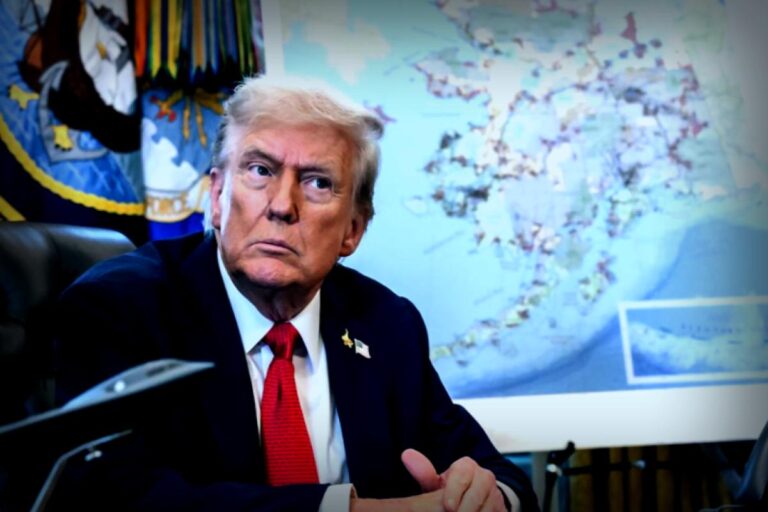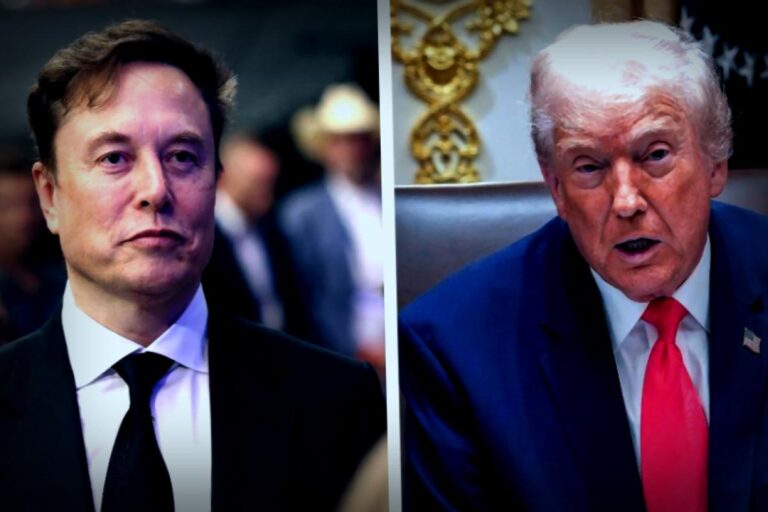As the week kicked off, Defense Secretary Pete Hegseth announced the grim news: U.S. military strikes conducted over the weekend resulted in six fatalities during an ongoing operation against civilian boats. By week’s end, that number had tragically risen, with the Pentagon chief confirming that this was the 20th strike since the beginning of September, bringing the death toll to an alarming 80 people.
The criticism surrounding this strategy is vast and complex. The Trump administration insists, with little supporting evidence, that these actions target vessels transporting drugs to the U.S. Yet, a report by The Associated Press suggests that the reality might not be as clear-cut as claimed.
Concern over the legality of these strikes has escalated to the point where certain U.S. allies, notably officials from the UK, have reportedly begun to limit their intelligence sharing, wanting to avoid complicity in potential civilian casualties.
Some within the military are feeling the weight of these actions. As reported by The Washington Post, junior officers involved in the strikes have been seeking legal assurances before participating, fearful of personal legal repercussions. Against this backdrop, The New York Times highlighted the existence of a freshly released DOJ memo.
While not officially confirmed by MSNBC, this memo—crafted during late summer by the Justice Department’s Office of Legal Counsel—appears to address the legal concerns swirling around these military operations.
Complementing this, a related Washington Post article revealed that the memo concluded that personnel involved in military strikes wouldn’t risk future legal action. This memo’s creation hints at uncertainty within the administration regarding its legal footing.
However, even the conclusions within the memo are contentious. Following a White House briefing to Congress in early October, asserting that Trump had declared the U.S. engaged in “armed conflict,” Geoffrey Corn, a retired Army lawyer and expert in law-of-war issues, argued that drug cartels are not considered to be in “hostilities,” raising concerns about the legalities of wanting to engage here.
As Corn remarked, “This is not stretching the envelope. This is shredding it. This is tearing it apart,” making it clear that these actions challenge legal frameworks significantly.
Despite these legal quagmires, the Trump administration shows no intent of halting its military offensive. On Thursday, Hegseth introduced something labeled “Operation Southern Spear,” targeting “narco-terrorists” to protect “our homeland from the drugs that are killing our people.”
A report by Axios raised questions regarding whether this is simply a rebranding of existing operations or a launch of a new, expanded initiative. The uncertainties surrounding these claims add to the ongoing tension in this complicated situation. Stay tuned for developments.
This article was initially published by MSNBC.com.



















